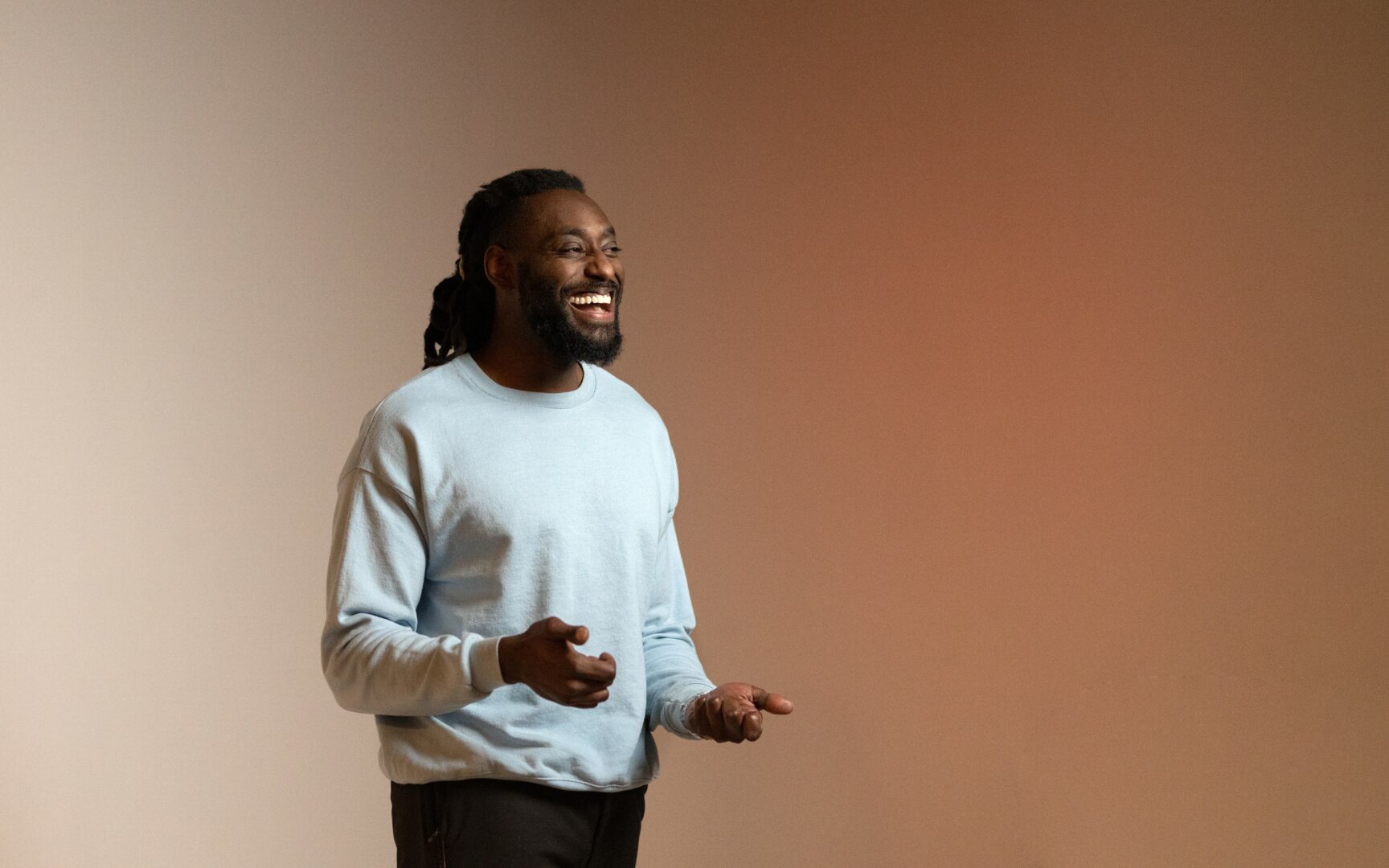We recently had the chance to connect with Casey Muze and have shared our conversation below.
Hi Casey, thank you so much for taking time out of your busy day to share your story, experiences and insights with our readers. Let’s jump right in with an interesting one: What are you being called to do now, that you may have been afraid of before?
Casey Muze—by the shape of his days, the rhythm of his hands, and the deep pull of his heart—is being drawn further into the sacred work of generational repair.
You are no longer merely offering programs. No longer simply performing. You stand now at a threshold where healing and legacy intertwine—where the reverberations of your work will echo through the lives of young men, weary elders, and broken communities long after the last note fades.
You are being called not just to entertain, not even merely to teach—but to mend what has been torn and to build what has been lost.
The drum that once served as an instrument of rhythm is becoming something more—a vessel. A carrier of memory, of belonging, of voice. A tool for restoring what trauma, time, and neglect have eroded in the minds and bodies of those you serve.
Through this vessel, you now bridge what words alone cannot touch—you bring safety to those living with buried wounds, focus to those struggling with fragmentation, connection to those drifting in loneliness.
This is the work of generational repair. To reach back—honoring what is good from the past. To stand firmly in the present—walking with integrity and clarity. And to reach forward—shaping the lives of young people so they might carry a different story into the future.
It is no small call. And it asks of you now: deeper roots, greater vision, and unwavering faithfulness. You are not planting seeds alone anymore—you are tending an orchard whose fruit others will eat, whose shade others will rest beneath.
What Casey Muze is being called to do now:
Build strength in young men — not just through momentary events, but through an ongoing journey. The Crowned & Called work must grow roots—giving young men tools for life: resilience, leadership, emotional grounding, and vision.
Carry healing into hard places — with The Pulse of Healing and rhythm work. You are called to bring rhythm where trauma lingers: post-incarceration, addiction recovery, domestic violence, complex grief, and chronic stress. Your craft is no longer simply about drumming—it’s about restoring what life has broken.
Bridge generations and experiences — to connect the wisdom of elders with the needs of the young, and to help those often unseen—neurodivergent individuals, the elderly, the wounded—find voice and belonging through rhythm.
Establish lasting partnerships — this season is not about scattered gigs. You are called to anchor programs with schools, senior communities, memory care centers, and wellness spaces. To move from one-off appearances to consistent, impactful relationships.
Protect your time and energy — the field is wide, but your harvest will come from deep, focused work. You must guard your yes, so that your best offerings go to the right soil.
Sharpen your message — the vision must be made plain. You are being called to clarify your work in such a way that it speaks before you do—online, in materials, in word of mouth.
Can you briefly introduce yourself and share what makes you or your brand unique?
WHO IS Casey Muze
Casey is a seasoned keynote speaker and expert in mental health and music therapy, committed to delivering impactful services for daycare youth, neurodivergent individuals, and those with dementia. His innovative interventions harness the power of music to promote well-being and support mental health. Through sharing his insights and experiences, Casey captivates audiences and inspires positive change, using his powerful speeches and customized programs to create meaningful connections and foster resilience in mental health.
Amazing, so let’s take a moment to go back in time. What breaks the bonds between people—and what restores them?
What breaks the bond between people is rarely a single, cataclysmic event. More often, it is the accumulation of small neglects, unspoken hurts, and moments where connection was needed but absent. A word spoken in anger and never repaired. A truth withheld out of fear or pride. A promise made lightly, then broken. Over time, assumptions take the place of understanding. Bitterness creeps in where tenderness once lived. The space between two people grows wider, until it feels like a chasm. And at the center of it all is disconnection—the slow forgetting to see one another clearly, to honor one another’s worth, to speak with care. The bond unravels not because love disappears, but because love is not practiced.
Restoring the bond, then, is a work of practice, of steady tending. It begins with humility: the willingness to acknowledge harm done, to take ownership without excuse. It requires the giving and receiving of forgiveness, which is never cheap but always freeing. True restoration calls for brave, honest conversation—words spoken from the heart, without pretense or defense. It is in the act of listening—deeply, with full presence—that understanding is rekindled. And beyond words, it is the showing up, again and again, in small ways and large, that repairs what was broken. Consistency rebuilds trust. Kindness softens what has been hardened. Over time, these threads weave a bond stronger than before. At the heart of this work is love—not as fleeting emotion, but as an ongoing choice to value the other and nurture the relationship.
And in this dance of breaking and mending, rhythm has a quiet but powerful role. There are times when words alone cannot bridge the distance—when grief, shame, or weariness make speech difficult. In these spaces, rhythm speaks. The beat of a drum, the cadence of breath shared in stillness, the simple act of moving together—these become a language of the heart. Rhythm grounds us, synchronizes us, reminds us of our shared humanity. In rhythm, people find a way back to one another, not through explanation, but through presence. It is a timeless truth: we are made for connection, and sometimes the path to restoration is best walked in step, in sound, in shared rhythm—before the words can return.
If you’d like, I can keep weaving this—deeper still—or shape it into something you could share in your talks, programs, or writing. Just say the word.
What did suffering teach you that success never could?
What has suffering taught me that success never could?
Suffering taught me that character is forged in difficulty, not in ease. When everything is going right—when the applause is loud, when the doors are opening—there is a temptation to think you’ve earned your place by sheer ability. But suffering reminds you that life will humble every man, no matter his talent or ambition. It teaches you where your true foundation lies—because when comfort is gone, only what is rooted remains.
Suffering stripped away my illusions. It revealed where I lacked discipline, where my thinking was shallow, where my faith was thin. Success didn’t show me those things—it covered them. Only hardship forced me to confront them and grow.
It taught me endurance. Not the quick, loud kind of effort—but the slow, quiet kind of strength that keeps a man standing when the storm does not pass quickly. Suffering teaches you to show up anyway, to keep moving when progress is not visible, to hold steady when no one is watching.
It also taught me reverence for life itself. Success often teaches a man to chase more—more recognition, more opportunities, more reach. Suffering teaches gratitude—for breath, for family, for meaningful work, for the chance to help even one person.
And perhaps most important, it taught me discernment. Not every road is worth walking. Not every opportunity is worth the cost. Suffering teaches you to weigh the path ahead—not just in terms of gain, but in terms of purpose and legacy.
In short—suffering made me a man that success never could.
Next, maybe we can discuss some of your foundational philosophies and views? What truths are so foundational in your life that you rarely articulate them?
There are some truths so foundational to how I live and work that I don’t often speak them outright — not because they’re hidden, but because they’re simply part of the fabric of what I do. They are in the background of every program, every talk, every session.
First — people matter more than programs. It doesn’t matter how polished your materials are, how many seats are filled at your event, how many connections you stack up on a platform — if you lose sight of the individual person sitting across from you, you’ve lost the heart of the work. Every rhythm I teach, every drum I bring into a space, is about making a human connection. Whether I’m mentoring a young man who’s never been seen for who he is, or working with an elder in memory care, or helping a person process deep trauma — it’s about the person, not the performance. That’s always been the bedrock of my work.
Second — healing takes time, and presence matters more than perfection. There’s a strong pull in this world to chase fast results, to craft picture-perfect moments. But that’s not how real healing happens. You can’t rush a young man’s development. You can’t push someone through trauma in a weekend. You can’t schedule grief to fit inside a neat program. Real healing is messy, uneven, and takes time. What matters most is being faithfully present — showing up again and again, holding space, listening more than you speak, and letting the process unfold at its own pace. That’s where the real work happens.
Third — legacy is greater than success. I’ve been blessed with opportunities — to speak, to build programs, to work with great people. But I have no interest in chasing accolades or numbers for their own sake. What I care about is the work that outlasts me — the young men who will stand taller long after I’m gone, the families who will be stronger because someone spoke life into their sons, the elders who found joy and dignity in their last years. That’s why I pour into mentorship. That’s why I protect my time and choose partnerships carefully. Because I’m not building a career — I’m building a legacy.
Lastly — God’s grace undergirds everything. I may not shout it from every stage, but make no mistake: I know exactly where my strength comes from. The doors that have opened, the people I’ve been able to serve, the endurance to keep going when things are hard — all of it is grace. I don’t take it for granted. It humbles me daily and keeps me grounded in purpose.
Before we go, we’d love to hear your thoughts on some longer-run, legacy type questions. What do you think people will most misunderstand about your legacy?
They may think it was about the drumming. About the programs. About the events I led or the number of people I reached. That’s the part people see first—the rhythm circles, the conferences, the music in the room. But that was never the point. The drum was just a vessel. A way to open hearts, to build bridges, to heal wounds that words couldn’t touch.
The real legacy — what I hope remains long after I’m gone — is the lives changed beneath the surface. Young men who learned to stand with strength and clarity. Elders who found their voice again when the world thought they were finished. People who carried trauma for years and finally laid it down. It’s not about the noise I made — it’s about the healing that happened quietly, in the unseen places.
And maybe some will misunderstand the pace of my path. I never wanted to be the biggest name, the loudest brand, the busiest calendar. I chose depth over speed. I guarded my time so I could pour into the right people, the right places, with intention. Some may look back and wonder why I didn’t do more, go bigger — but I know why. I was building something that would last. Not in headlines, but in human hearts. That’s what mattered.
And in the end, if a few good men stand taller, a few broken hearts are mended, and a few elders finish their days with dignity — then the legacy will speak for itself, even if some misunderstand it.
Contact Info:
- Website: https://caseymuze.com
- Instagram: caseymuze
- Facebook: Casey Muze “The Royal Speaker”
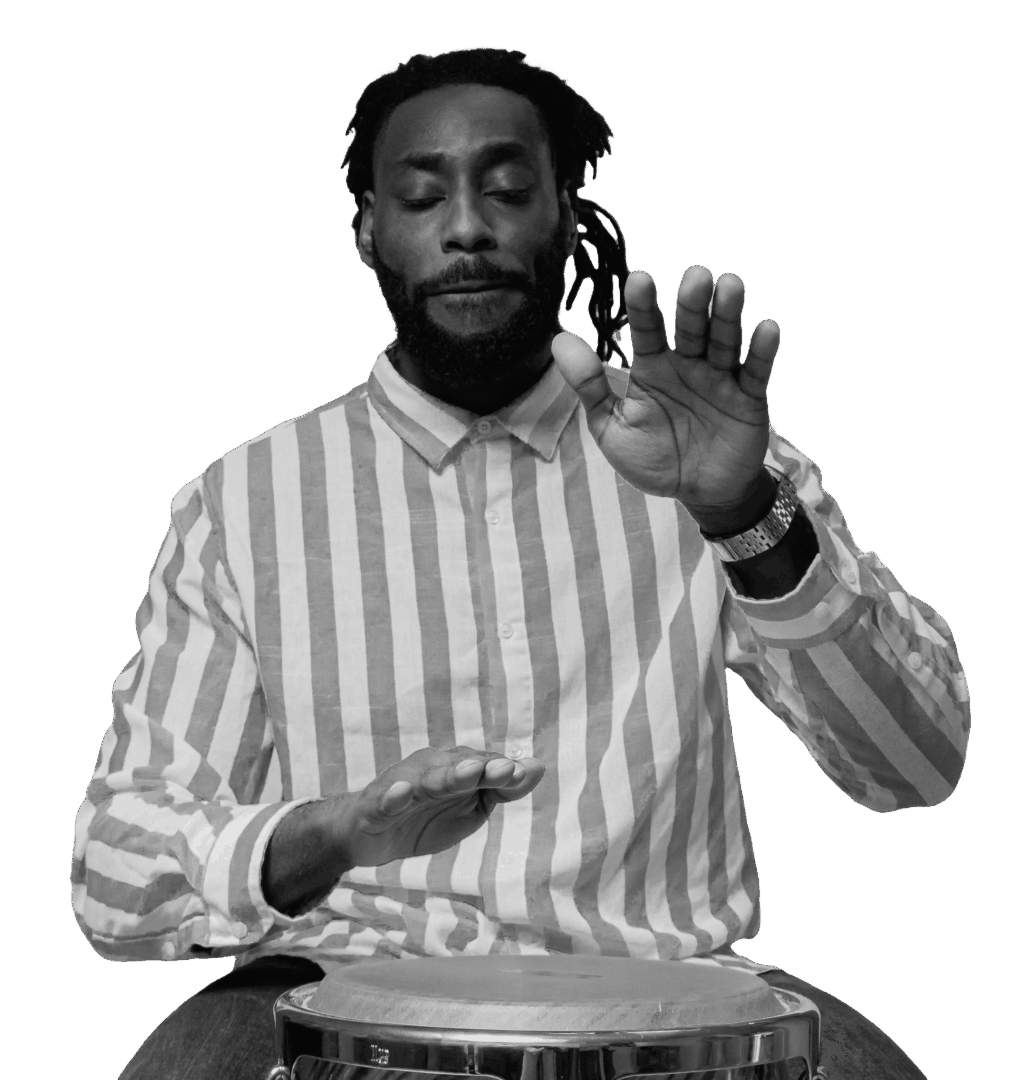
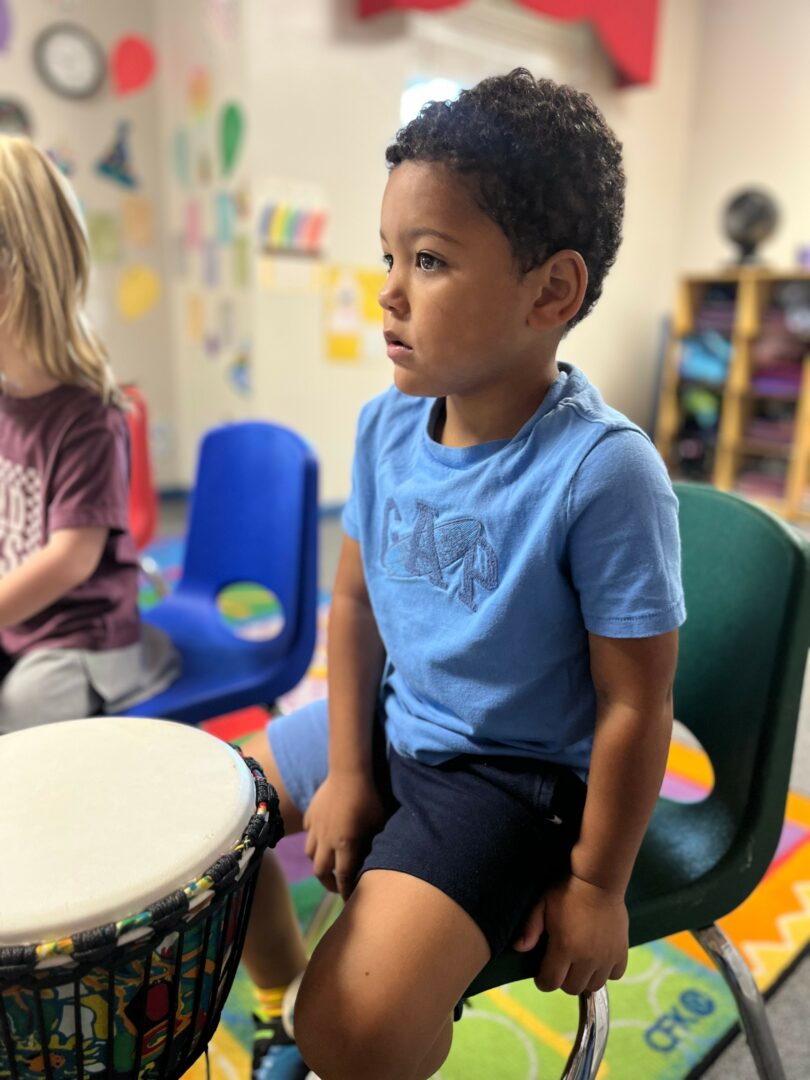
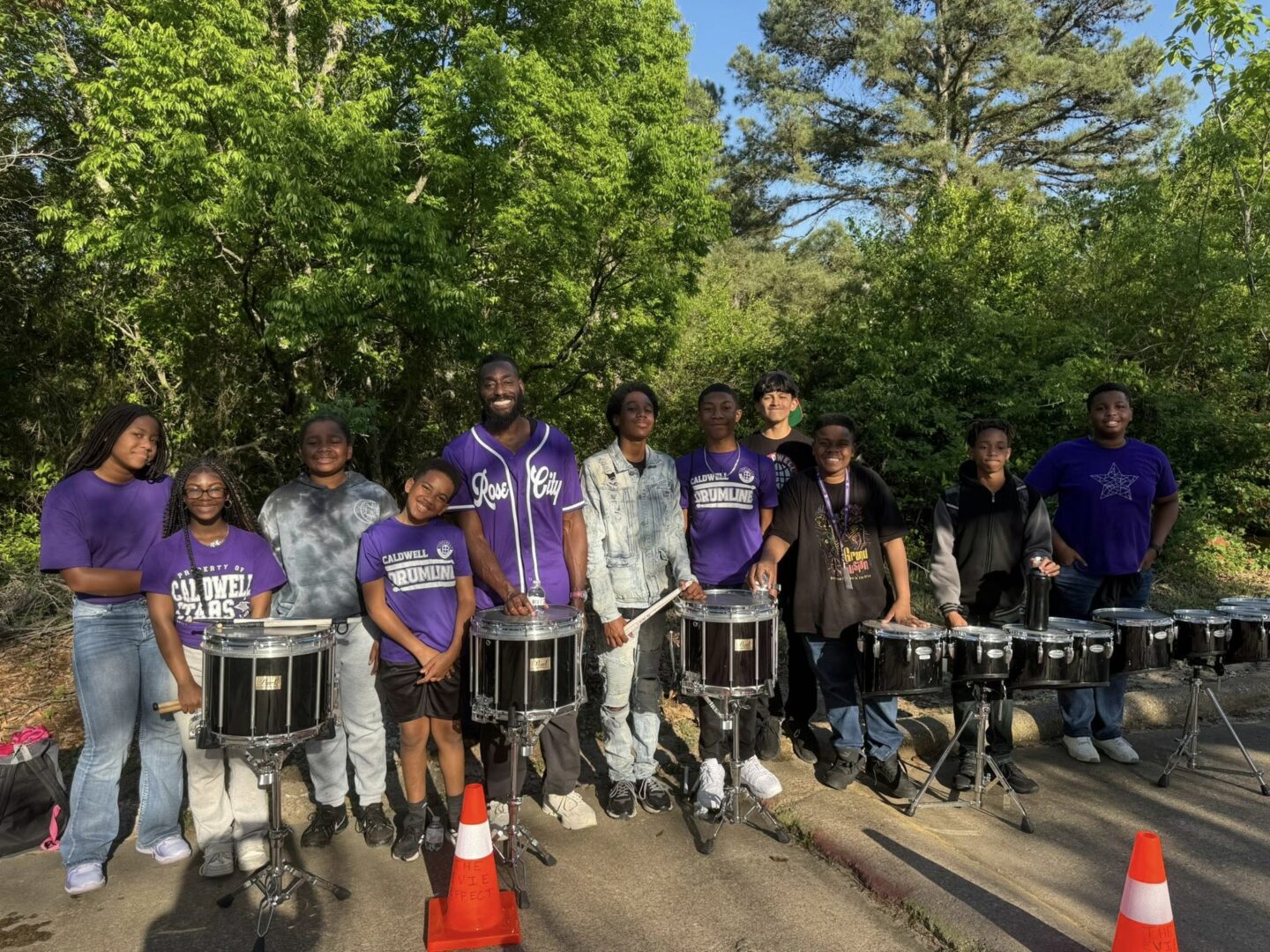
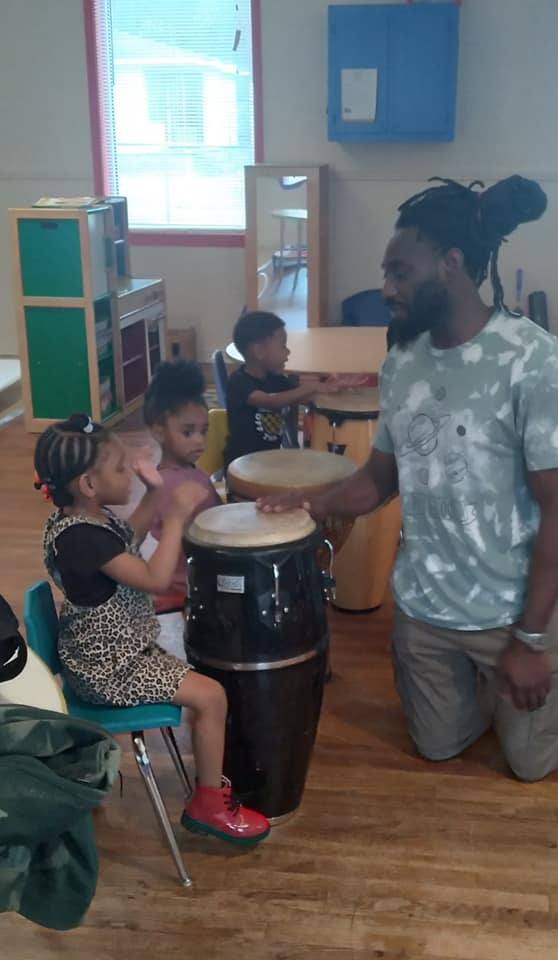
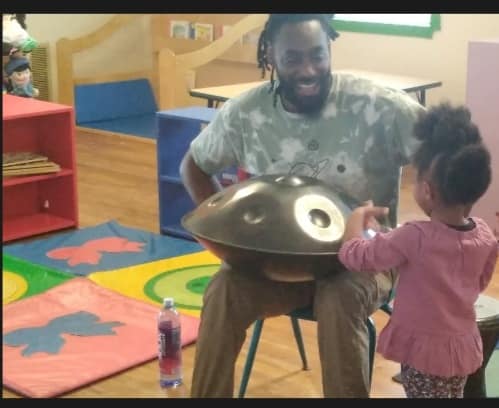
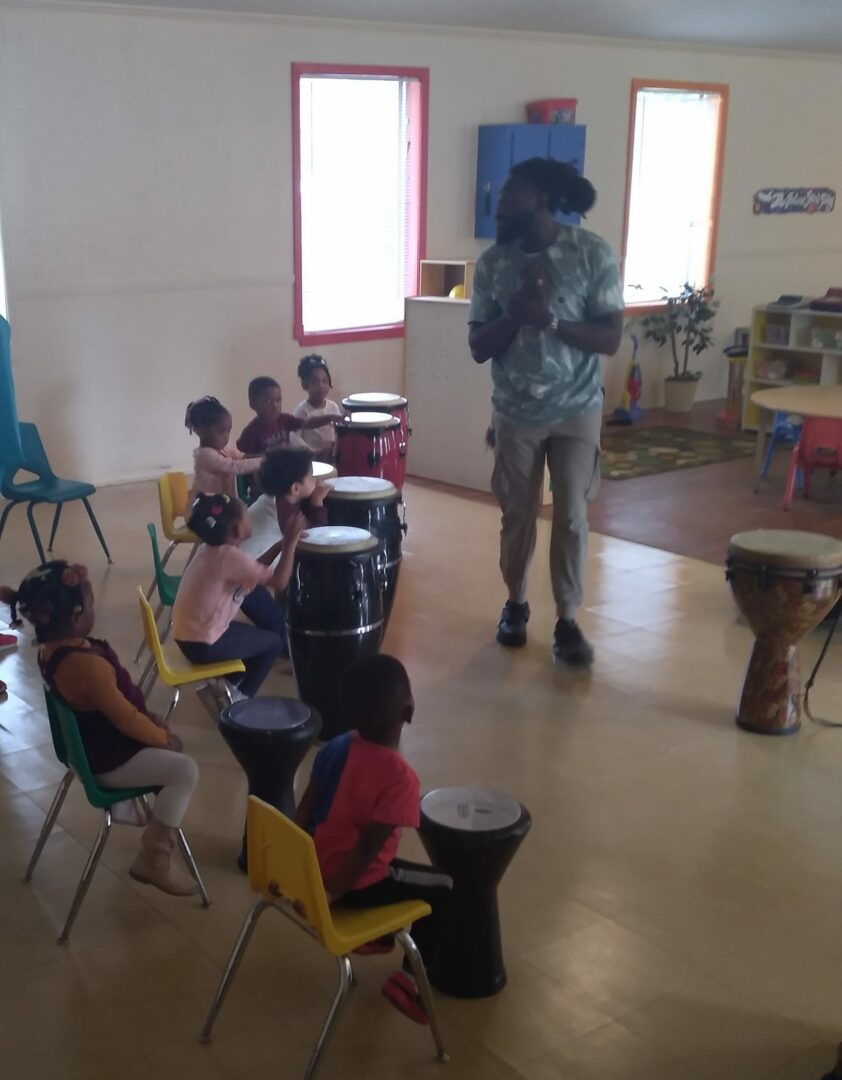
so if you or someone you know deserves recognition please let us know here.

